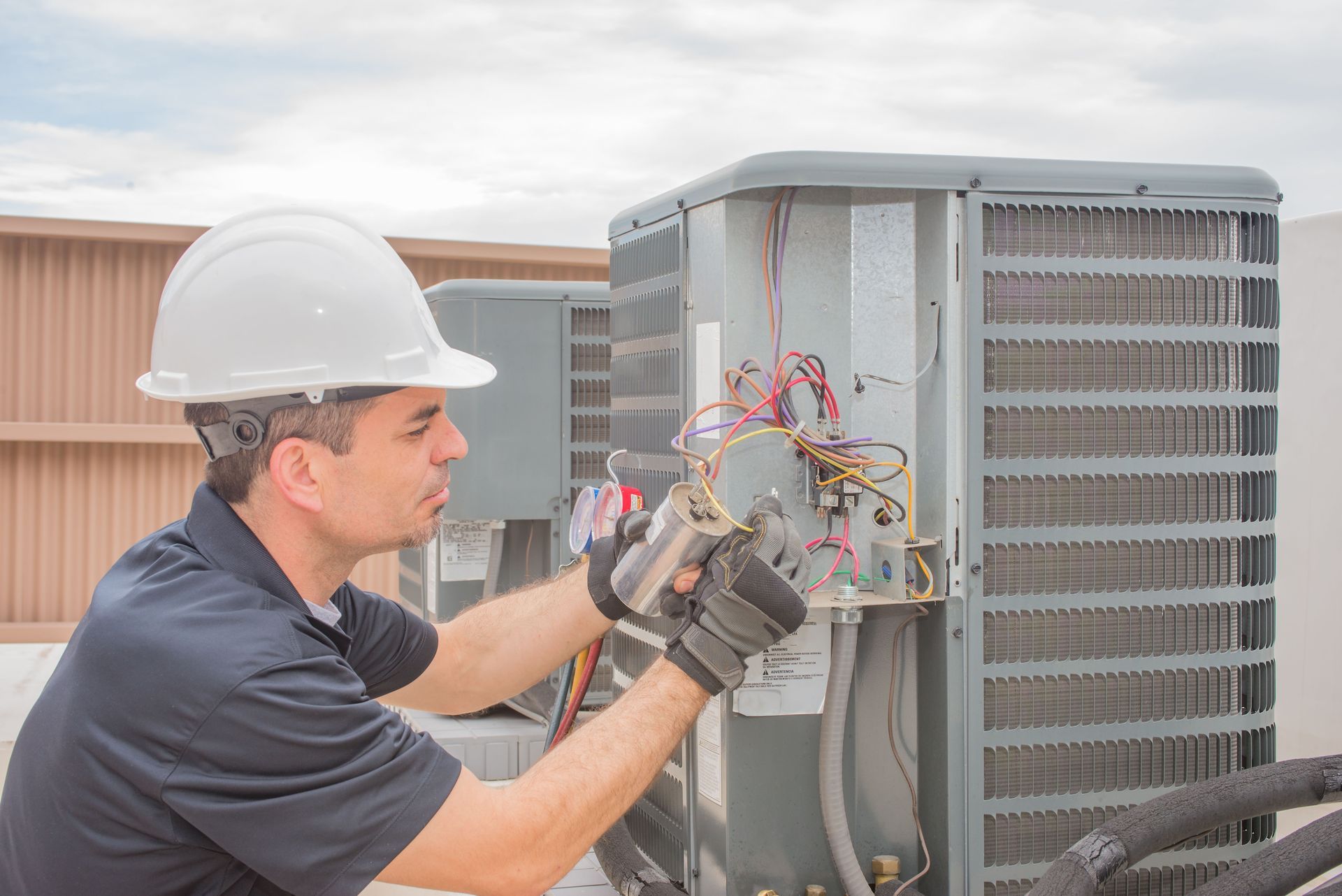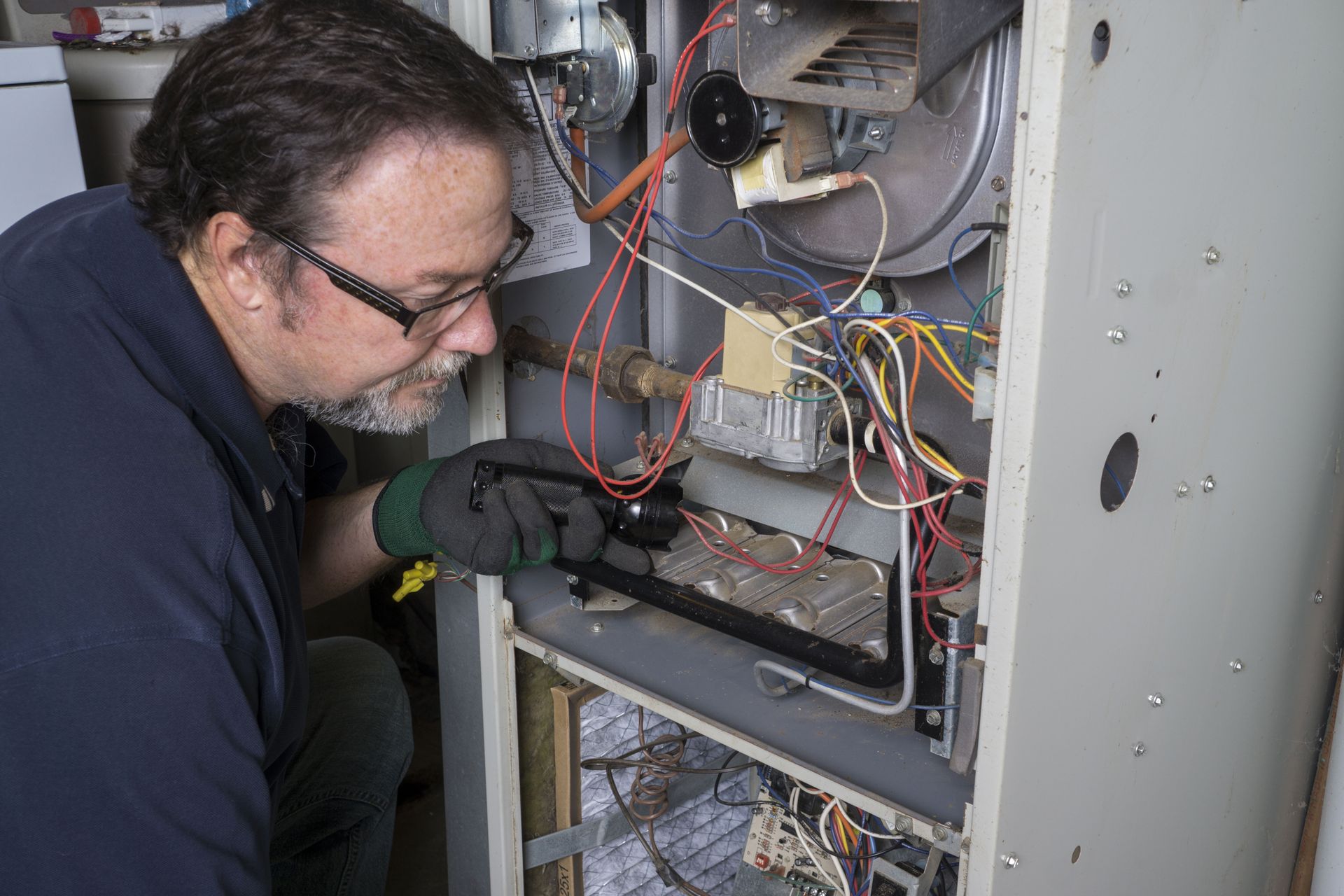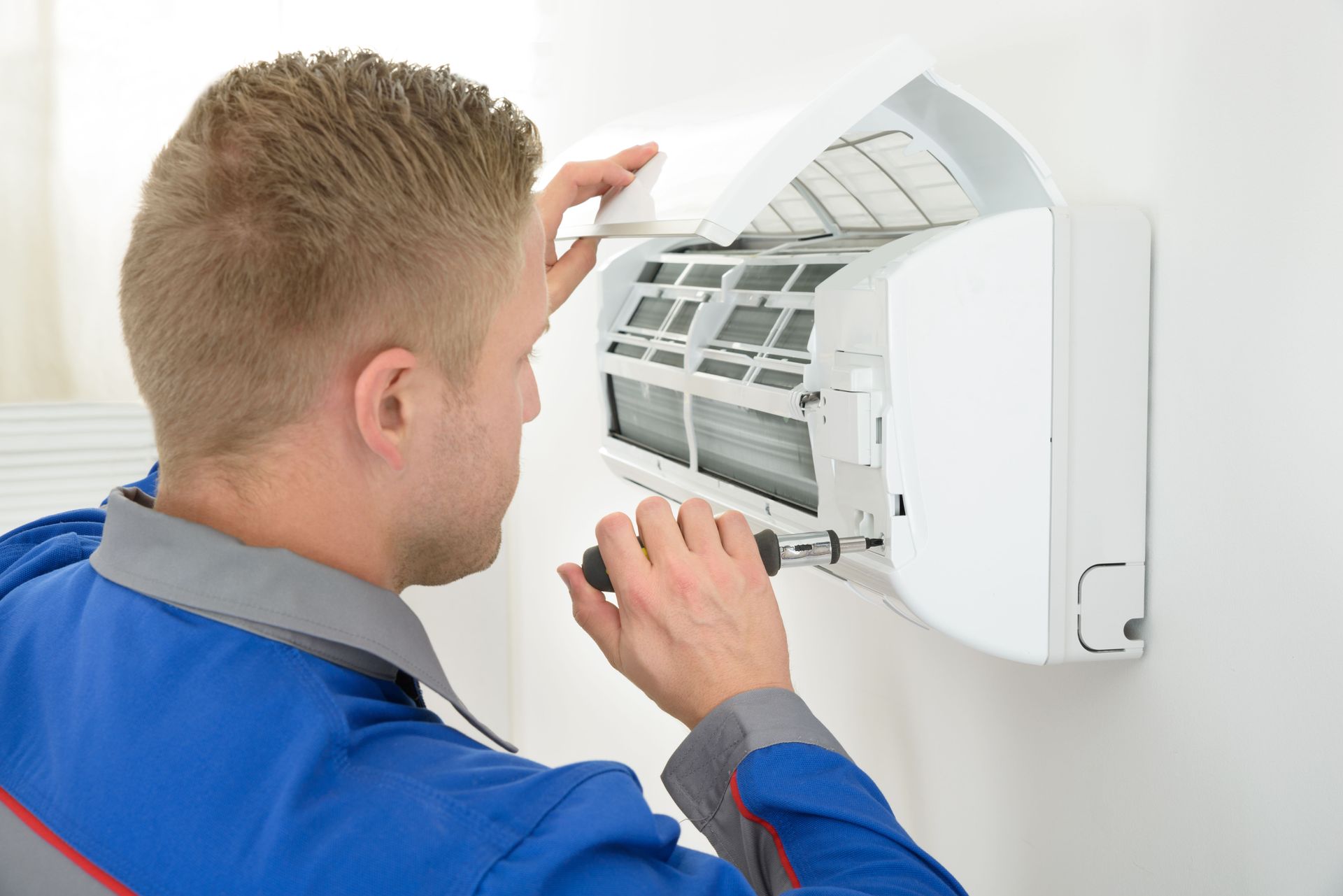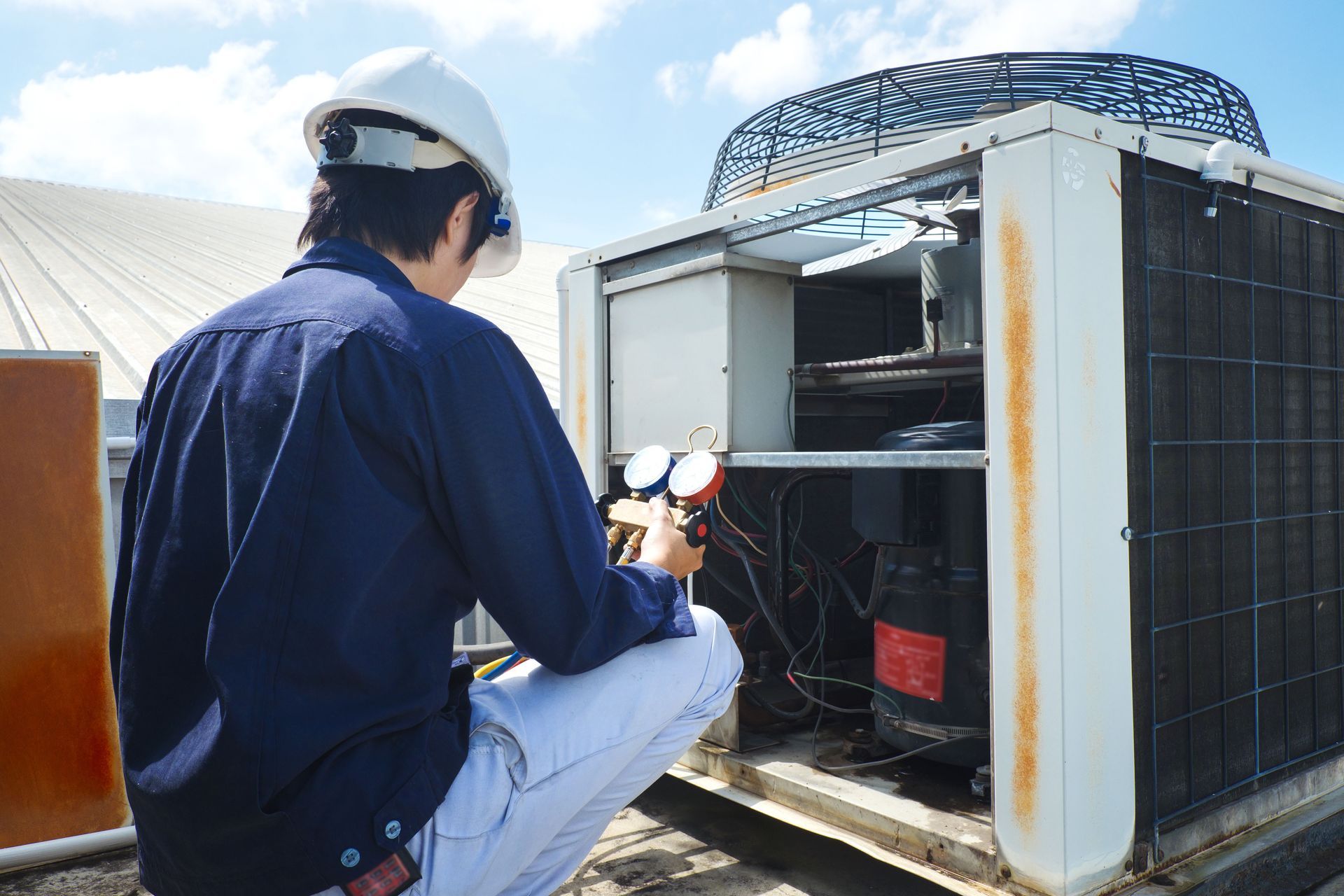5 Ways to Choose an HVAC Contractor
Choosing the right HVAC contractor is crucial for ensuring the comfort, safety, and efficiency of your heating and cooling systems. In this article, we will explore six ways to help you make an informed decision when selecting an HVAC contractor. Considerations like credentials, reputation, pricing, and communication will all play integral roles in your choice. These steps will guide you through the complexities of HVAC installations and maintenance. With the right contractor, you can ensure your home is comfortably and efficiently heated and cooled year-round.
1. Verify Credentials and Licensing
The first step in selecting an HVAC contractor is verifying their credentials and licensing. Local jurisdictions often have specific licensing requirements that contractors must adhere to. This ensures that they have met minimum standards for training and experience, providing a level of consumer protection. Ensuring your contractor holds the correct licenses is critical to avoid unqualified technicians. Remember, licenses are not just bureaucratic formalities but are assurances of a contractor’s knowledge and trustworthiness.
Certain certifications ensure that an HVAC contractor has received advanced training. Programs such as North American Technician Excellence (NATE) serve as a benchmark for technical proficiency. Contractors with certifications are typically more skilled and updated with the latest industry standards and technology. These programs cover essential skills, from installation and service to repair and overall maintenance. Selecting a certified contractor gives you peace of mind knowing they’re equipped to handle complex HVAC systems.
An additional credential you should verify is the contractor's insurance coverage. Proper insurance is crucial as it protects you from liability in case of accidents or damages during the project. Ensure the contractor has both liability insurance and workers’ compensation insurance. This assurance protects home and property owners from unexpected costs and provides a safety net in unforeseen situations. Lack of proper insurance is a significant red flag and could lead to potential legal and financial issues.
2. Evaluate Experience and Expertise
Experience is a significant factor when choosing an HVAC contractor. Companies with several years in business have a proven track record of reliability and success. Extensive experience means that a contractor has faced varied challenges and knows how to resolve them efficiently. It's worthwhile to ask how long they have been in the industry and the types of projects they've completed. This background can offer insight into their problem-solving skills and adaptability in unpredictable scenarios.
Specialization in specific HVAC systems or brands can be an advantage. Contractors specializing in the type of system you own can offer more personalized service and better troubleshooting methods. Their expertise in particular areas can streamline the repair or installation process, potentially saving time and money. When inquiring about specialization, ask about certification specific to manufacturers, if applicable. By leveraging a contractor’s specialized skills, you can ensure a more accurate and efficient service.
Assessing past projects gives you a glimpse into the contractor's capabilities. Different projects come with varying degrees of complexity and size, and an experienced contractor should have handled similar tasks. You should inquire about their history with projects that mirror your needs, whether residential or large-scale commercial installations. This insight helps in understanding their confidence and competence in specific areas. Analyzing past project diversity also shows flexibility and adaptability in different working conditions.
3. Investigate Reputation and Reviews
Customer reviews offer insight into the contractor’s reliability and quality of service. Online platforms like Google, Yelp, and Angie’s List are excellent sources for both positive feedback and red flags. Remember to look for patterns in reviews as they can point out specific strengths or weaknesses. Also, take note of how the contractor responds to negative feedback, as it can showcase their commitment to customer service. Reviews offer direct insights into past customer experiences, guiding your decision-making process.
Past clients provide firsthand accounts of the contractor’s work ethic and ability to deliver on promises. By directly speaking to previous clients, you gain a nuanced understanding of what to expect. They can inform you about the contractor’s adherence to time, budget, and quality expectations. A reputable contractor will also be forthcoming about providing references upon request. Engaging with references gives a clearer image of how your potential selection handles client relations and responsibilities.
The Better Business Bureau (BBB) provides an official platform to assess a contractor’s legitimacy and professionalism. It is an authoritative source that records any complaints filed against a business and how they were resolved. A clean record on the BBB indicates trustworthiness, while unresolved complaints could be a warning sign. It’s a valuable resource for determining the general customer satisfaction associated with the contractor. Utilizing the BBB ensures a comprehensive evaluation of the contractor's business conduct and reliability.
4. Request Detailed Estimates
A critical step in choosing an HVAC contractor is understanding their estimate breakdowns. Comprehensive estimates should include detailed components such as labor, material costs, and a timeline. The more detailed the estimate, the more accurately you can compare it against others. Scrutinizing an estimate helps ensure that there won’t be unexpected costs or delays. Requesting clarity on each component fosters transparency and trust in the contracting process.
Always obtain and compare quotes from multiple contractors. This comparison allows you to assess the price range for your project and identify which contractors offer the most value. Ensure that each quote is consistent in terms of services provided so you can make an apples-to-apples analysis. Differences in pricing may arise from varying approaches, expertise levels, or material choices. This apples-to-apples analysis helps ensure that you’re getting quality service at a fair price.
Being clear on where costs originate in an estimate is essential for informed decision-making. Material costs can vary based on quality, and labor charges often depend on the time and skill required. This clarity helps weigh the potential investment against the perceived quality and necessity. Some contractors might use high-quality materials or employ highly skilled labor, justifying a higher cost. Understanding these elements aids in comparing estimates and making a decision based on value rather than price.
5. Assess Communication and Professionalism
Assessing a contractor’s responsiveness is essential in judging their professionalism. Quick responses often indicate a contractor's seriousness about garnering your business and completing work in a timely manner. A reliable contractor will be readily available to address any concerns you might have. Consistent and clear communication indicates that your project is valued. Engaging with a contractor who prioritizes responsiveness ensures that your queries are met promptly, reducing downtime and potential misunderstandings.
The clarity and promptness of a contractor’s responses can heavily influence your working relationship. Clear communication indicates thorough knowledge and confidence in their expertise. Promptness in answering queries reflects the contractor's organization and respect for your time. Simple, coherent explanations ensure that you fully understand the processes involved. Evaluating a contractor’s communication skills guarantees smooth collaboration and a successful project outcome.
A contractor’s presentation—from attire to the professionalism of their online presence—speaks volumes about their work ethic. A neatly presented image often translates to an organized and efficient work process. An informative and well-maintained website or social media profile highlights their expertise and showcases completed projects. Presentation extends to written contracts and verbal assurances, ensuring clarity and precision. Observing these markers ensures you hire a contractor who values professionalism in every facet of their business.
Making an informed choice when selecting an HVAC contractor requires careful consideration of their credentials, experience, reputation, and the services they offer. According to This Old House, William Carrier created the first air conditioner in 1902. By following these guidelines, you can ensure that your HVAC systems are maintained by a trusted professional. This choice results in better efficiency, safety, and long-term satisfaction in managing your home’s climate control. Armed with knowledge and insights from this guide, you are ready to hire a contractor who meets your specific needs. In the end, choosing wisely contributes to a comfortable, efficient, and worry-free living environment. For more information about the services that we offer, reach out to our incredible team at Quality Heating & Air LLC today!





Share On: